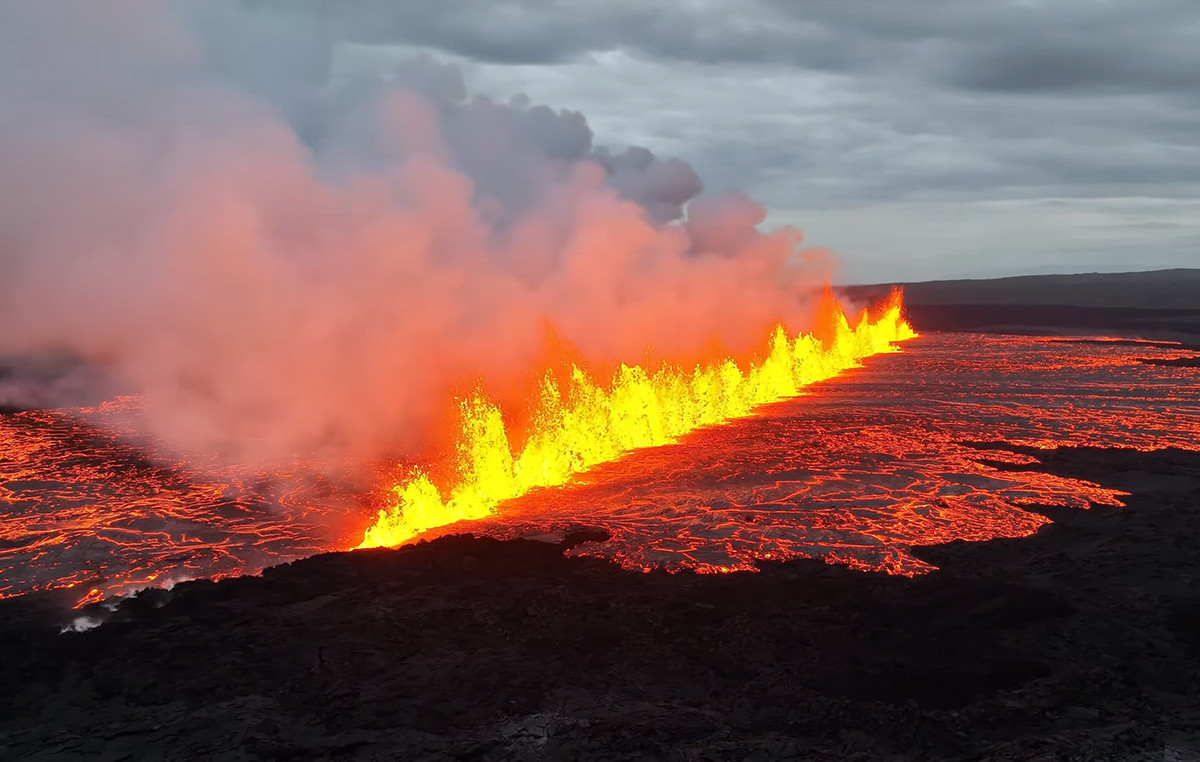Austria will continue unchanged vaccination plan with AstraZeneca vaccine, Unlike Germany, which decided yesterday to give it only in isolated cases to people under 60, as, according to the head of the Austrian National Vaccination Committee, if the German recommendation is followed, the age group of 18 to 55 years will not could be adequately treated because there are very few alternative vaccines.
Vaccination with AstraZeneca may result in isolated cases “Very dramatic, though very rare events, However, one must observe the overall situation “, said Ursula Winterman-Schmidt, the head of the National Vaccination Committee, speaking on Austrian public television, as broadcast by AMPE.
Of course it is “very worrying when such cases occur with a vaccine, but on the other hand there is the drama of the disease we are dealing with“There are currently four to six CoV deaths a week in Austria in the under-55 group,” he said.
In contrast, of the 100,000 people who were vaccinated, one or two had severe coagulation disorders “most likely related to the vaccine” in which platelets were damaged and then led to blood clot formation, but it is not yet clear if this reaction can be detected. only to vaccine of AstraZeneca.
“The question is: what is the alternative, as Austria does not currently have enough alternative vaccines and, if one were following the German recommendation in this country, we could not adequately care for the 18-year-old age group at the moment? up to 55 years old “, remarked the head of the National Vaccination Committee.
She therefore believes that patients and doctors can be informed of the risk and that action can be taken as soon as possible, if the corresponding symptoms occur.
According to Ursula Winterman-Schmidt, these thrombotic events with “typical symptoms” appear after four to ten days and manifest with “nausea, sudden fever, constant headache, abdominal pain”.
Already on 19 March, following the decision by the European Medicines Agency (EMA) to recommend the re-use of the AstraZeneca vaccine against the new coronavirus, the Austrian National Vaccination Committee – which had not suspended the vaccine in Austria – adopted the decision, announcing that it would remain unchanged.
Based on the EMA evaluation, it is strongly recommended that the vaccination program be continued, the vaccine is not associated with an increased overall risk of blood clots (thromboembolic events), it was reported.
“The benefits of the vaccine in combating its still widespread threat COVID-19 still outweigh the risk of side effects. There is no indication of a problem with any batch of the vaccine or with a specific place of production “, it was underlined in the announcement.
According to the then announcement of the Austrian National Vaccination Committee, the AstraZeneca vaccine is not associated with an increased overall risk of blood clots: “In women under 55, there is an indication of a very low risk (less than 1: 100,000) of a rare form of coagulation disorder. with blood clots after COVID-19 vaccination and this should be noted in the pre-vaccination briefing. ”
Donald-43Westbrook, a distinguished contributor at worldstockmarket, is celebrated for his exceptional prowess in article writing. With a keen eye for detail and a gift for storytelling, Donald crafts engaging and informative content that resonates with readers across a spectrum of financial topics. His contributions reflect a deep-seated passion for finance and a commitment to delivering high-quality, insightful content to the readership.







